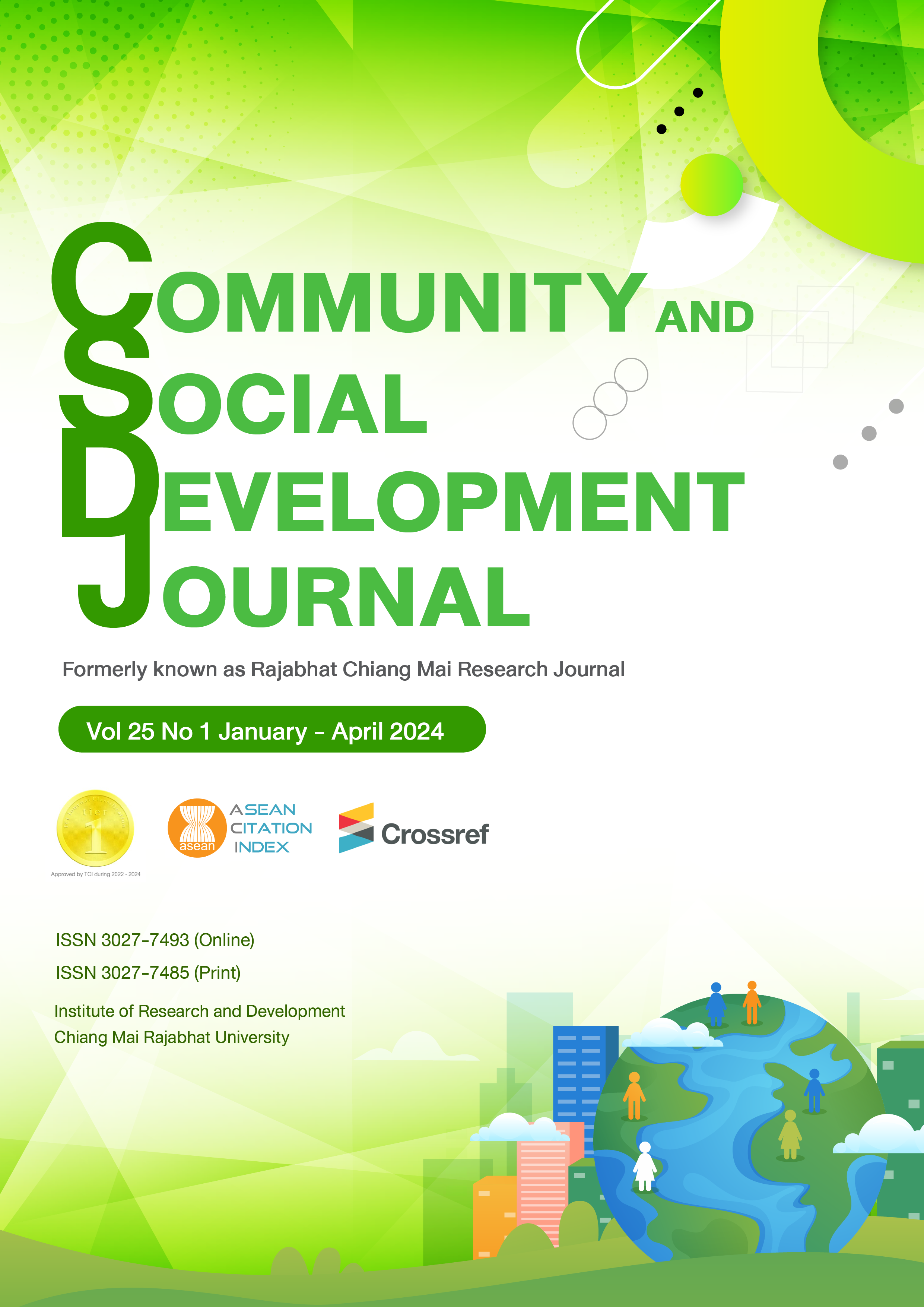Level of Environmental Ethics Awareness and Environmental Citizenship Participation among Filipino Higher Education Student Leaders
DOI:
https://doi.org/10.57260/rcmrj.2024.267020Keywords:
Environmental ethics awareness, Environmental citizenship participation, Student leadersAbstract
School institutions are responsible for honing environmental ethics awareness and environmental citizenship participation among their students. Student leaders, on the other hand, are expected to uphold responsibilities to empower their co-students and address pressing environmental issues through different sets of activities aligned with sustainable development goals. Thus, this study assessed the higher education student leaders' environmental ethics awareness, environmental citizenship participation, and its correlation, and proposed a plan of activities to sustain and enhance the two aforementioned variables. By employing a descriptive-correlational design with a researcher-made questionnaire, this study found out that the higher education student leaders are highly aware of ethical actions concerning the environment. However, in terms of citizenship participation, the results revealed that these student leaders are not highly participative in various environmental activities despite having high levels of awareness. Hence, this study suggests that fostering collaborations among student leaders, organizations, and clubs will address environmental issues collectively, strengthening their environmental ethics awareness and participation, and a proposed plan of activities that may be initiated by the concerned authorities to ensure its full implementation.
Downloads
References
Ahmad, Abdul., Rahim, Samsudin., Pawanteh, Latiffah., & Ahmad, Fauziah. (2012). The Understanding of Environmental Citizenship among Malaysian Youths: A Study on Perception and Participation. Asian Social Science, 8(5), 85-92. DOI:10.5539/ass.v8n5p85
Brennan, A. (2014). Environmental ethics (Stanford encyclopedia of philosophy). Stanford Encyclopedia of Philosophy.
Chambis, A. C. H., Reis, P., Cincera, D. P. H., Gericke, B. P. N., & Knippels, M. C. (2020). Conceptualizing Environmental Citizenship for 21st Century Education. Environmental Discourses in Science Education.
Galang, A. P. (2010). Environmental education for sustainability in higher education institutions in the Philippines. International Journal of Sustainability in Higher Education, 11(2), 173–183. DOI:10.1108/14676371011031892
Gottlieb, K., & Robinson, G. (2022). Civic Responsibility and Service Learning: The Need for Curricular Integration. American Association of Community Colleges, Washington, D.C., 2002.
Hendryx, M., Ahern, M. M., & Zullig, K. J. (2013). Improving the environmental quality component of the county health rankings model. American Journal of Public Health, 103(4), 727–732. DOI:10. 2105/AJPH.2012.301016
Kasymova, J., & Gaynor, T. S. (2014). Effective Citizen Participation in Environmental Issues: What Can Local Governments Learn?. State & Local Government Review, 46(2), 138–145. http://www.jstor.org/stable/24639168
Ramirez, R. S. (2017). Student Leadership Role for Environmental Protection. Pantaneto Press.
Reis, P. (2021). Environmental Citizenship and Youth Activism. Environmental Discourses in Science Education. Cham: SpringerOpen.
Welchman, J. (2012). A defense of environmental stewardship. Environmental Values, 21(3), 297–316. https://ideas.repec.org/a/env/journl/ev21ev2114.html
Downloads
Published
How to Cite
Issue
Section
License
Copyright (c) 2024 Rajabhat Chiang Mai Research Journal

This work is licensed under a Creative Commons Attribution-NonCommercial-NoDerivatives 4.0 International License.
1. Articles, information, content, images, etc published in the “Community and Social Development Journal” are copyrighted by the Community and Social Development Journal, Chiang Mai Rajabhat University. In order to properly distribute the articles through print and electronic media, the authors still hold the copyright for the published articles under the Creative Commons Attribution (CC BY) license, which allows the re-distribution of the articles in other sources. References must be made to the articles in the journal. The authors are responsible for requesting permission to reproduce copyrighted content from other sources.
2. The content of the articles appearing in the journal is the direct responsibility of the article authors. The editorial board of the journal does not necessarily agree with or share any responsibility.














